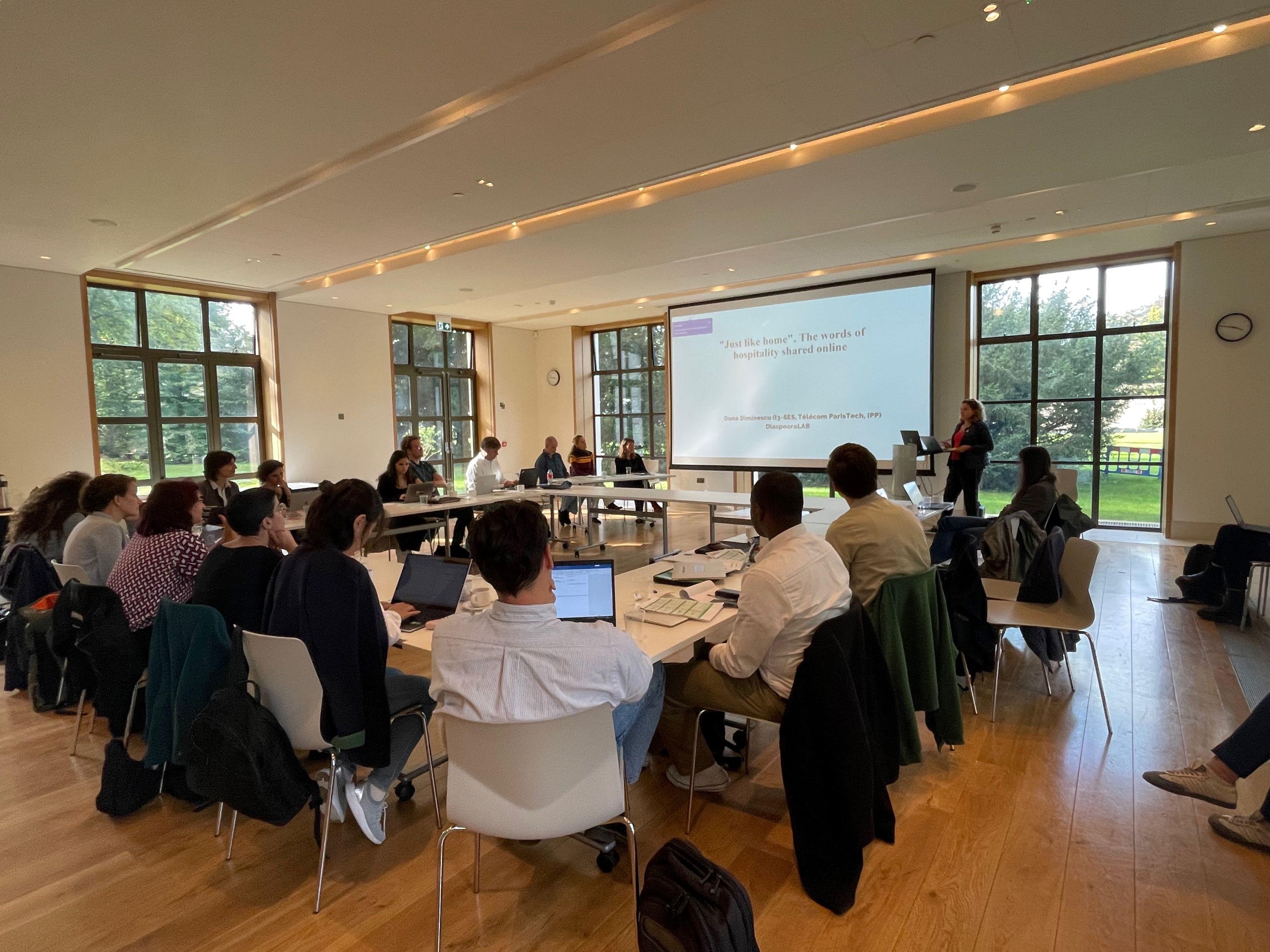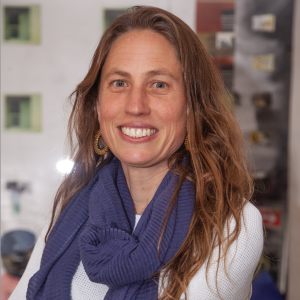Re-thinking digital justice in forced migration: An event organised by the CSLS ConflictNet Team
Associated people
On the 26th of September, the “Re-thinking digital Justice in Forced Migration” event was hosted at Trinity College. The event was organized under the CSLS ERC ConflictNet project to consolidate research with regards to how AI and digital technologies are being used in contexts of forced migration.

The event brought together 15 speakers across multiple disciplines and fields to present their work. These included digital migration scholars such as Koen Leurs, Sandra Ponzanesi, Stephan Scheel and Keren Weitzberg; political geographers such as Glenda Garelli and Martina Tazzioli; media scholars such as Gianluca Iazzolino and journalists such as Lydia Emmanoulidou.
Participants presented their work across four panel discussions. Presentations delved into current issues such as the digitalization of border and asylum governance, the controversial role of AI and digital technologies in humanitarian contexts and the digital agencies developed by migrants and asylum seekers across their journeys.
The workshop was a valuable opportunity to discuss risks and opportunities of AI and digital technologies and start a conversation on the desired and undesired impact of exposing mechanisms of migration management and control. Furthermore, with a majority of interventions being focused on European borders and case studies, the event was an important moment to highlight the very limited inclusion and representation of knowledges, actors and places of the Global South across the emerging field of digital migration studies, and to confirm a collective commitment to ensure the debate will be extended and moved to include marginalised voices.



